detail profile areski nebti
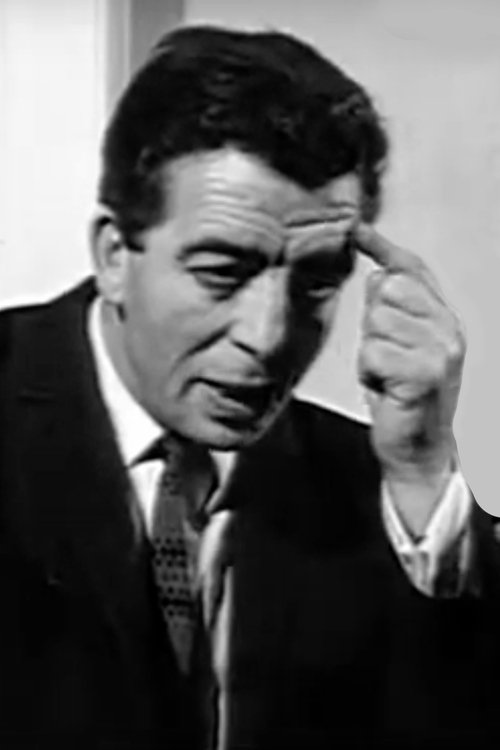
Areski Nebti
Arezki Nabti
atau dikenal sebagai
Riwayat Hidup
Areski Nebti known for the character, "Moh Bab El-Oued" is a renowned cinema and television actor.
He was born in may 5th, 1926, in Belcourt, Algiers.
His family was from Beni Ourtilane in Sétif, and he lived in Bologhine ( ex Saint-Eugène).
He was best known for "El Hozzi", "Omar Gatlato", "Les Hors la Loi" and "Aila Ki Nass"
He died in April 28th, 1994, from a heart attack at age 68.
Info Pribadi
Peran Yang Di Mainkan Areski Nebti
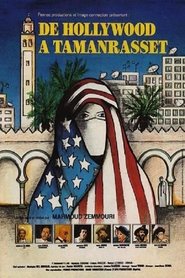 On the outskirts of Algiers Algeria...
On the outskirts of Algiers Algeria...From Hollywood to Tamanrasset 1990
On the outskirts of Algiers, Algeria. the arrival of the satellite dishes governs the lives of the inhabitants. Dissatisfied with their lives, they think of themselves as the heroes of American soap opera and movies, so JR, Sue Ellen, Rambo, Kojak, Spock and others take possession of bodies and minds, with many typical American culture elements. These heroes mix in a beautiful funny mess, with tradition and modernism, Islam and television, reality and fiction.
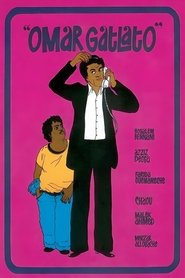 Omar a young man lives a...
Omar a young man lives a...Omar Gatlato 1976
Omar, a young man, lives a simple life with his family and suffers from loneliness. His life changes when he tries to bond with a girl he barely knows.
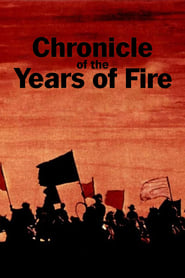 A meticulous chronicle of the evolution...
A meticulous chronicle of the evolution...Chronicle of the Years of Fire 1975
A meticulous chronicle of the evolution of the Algerian national movement from 1939 until the outbreak of the revolution on November 1, 1954, the film unequivocally demonstrates that the "Algerian War" is not an accident of history, but a slow process of suffering and warlike revolts, uninterrupted, from the start of colonization in 1830, until this "Red All Saints' Day" of November 1, 1954. At its center, Ahmed gradually awakens to political awareness against colonization, under the gaze of his son, a symbol of the new Algeria, and that of Miloud, half-mad haranguer, half-prophet, incarnation of Popular memory of the revolt, the liberation of Algeria and its people.
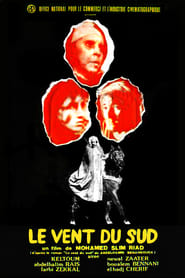 Nfissa a student in Algiers returns...
Nfissa a student in Algiers returns...Wind from the South 1975
Néfissa, a student in Algiers, returns to her village in the south in the summer. Her father wants her to marry the mayor but she wants to continue her studies. Confronting her father and the opinion of the villagers who do not understand her, she decides to flee to Algiers. The shepherd Rabah discovering her wounded and lost in the mountains, has her treated by her mother. In contact with Nefissa, Rabat becomes aware of his exploited condition and discovers the possibilities offered to him by the cooperatives of the agrarian revolution. The two young people will go through the decisive stage together which will allow them to escape obscurantism and exploitation. Based on the novel "Le vent du sud" by Abdelhamid Benahouga
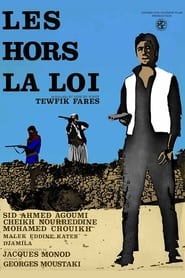 In prison in colonial Algeria shortly...
In prison in colonial Algeria shortly...The Outlaws 1969
In prison in colonial Algeria, shortly after the end of the Second World War, three indigenous cellmates make out. Once free, they attack the authority represented by the triad of the boss, the gendarme and the administrator. “Living the colonial condition,” confided Tewfik Farès, “is something! It’s not sociologically or historically speaking. It’s life. And I think that’s all there in it. [...] For a hundred and thirty years, we wait. We hold back. We push back. We hope. At the same time, on different occasions, there are skirmishes, unrest.
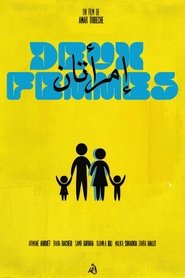
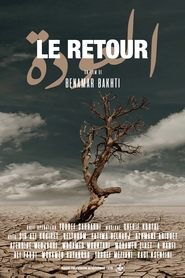 In the early 1970s Lakhdar an...
In the early 1970s Lakhdar an...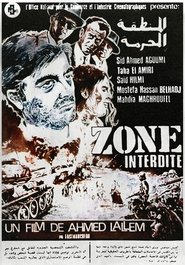 A revolutionary militant is killed during...
A revolutionary militant is killed during...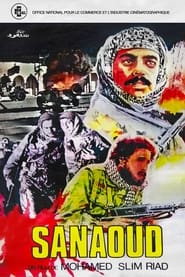
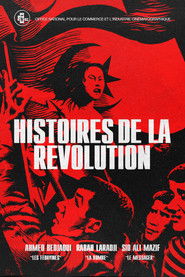 Directed by Ahmed Bedjaoui et al
Directed by Ahmed Bedjaoui et al